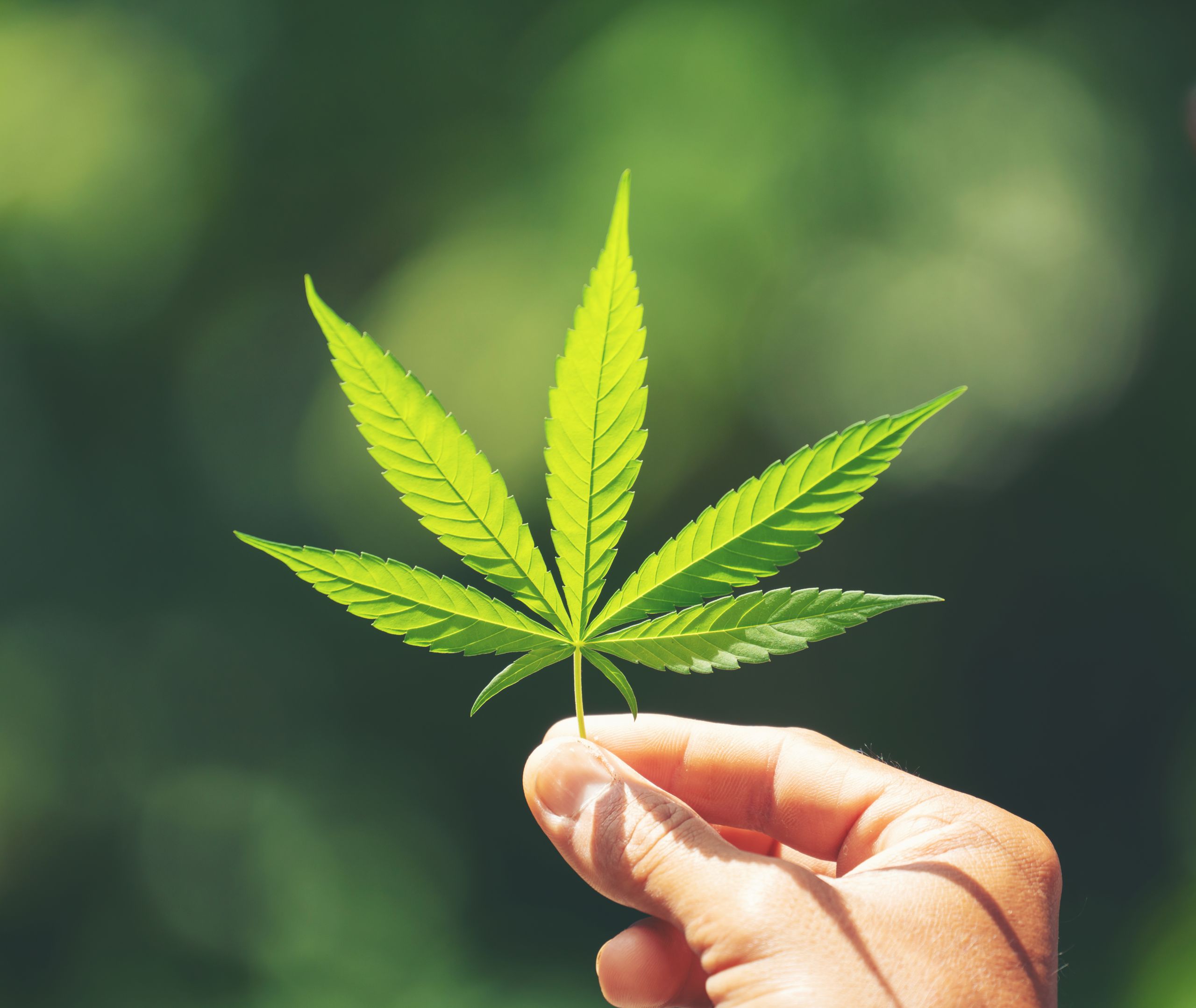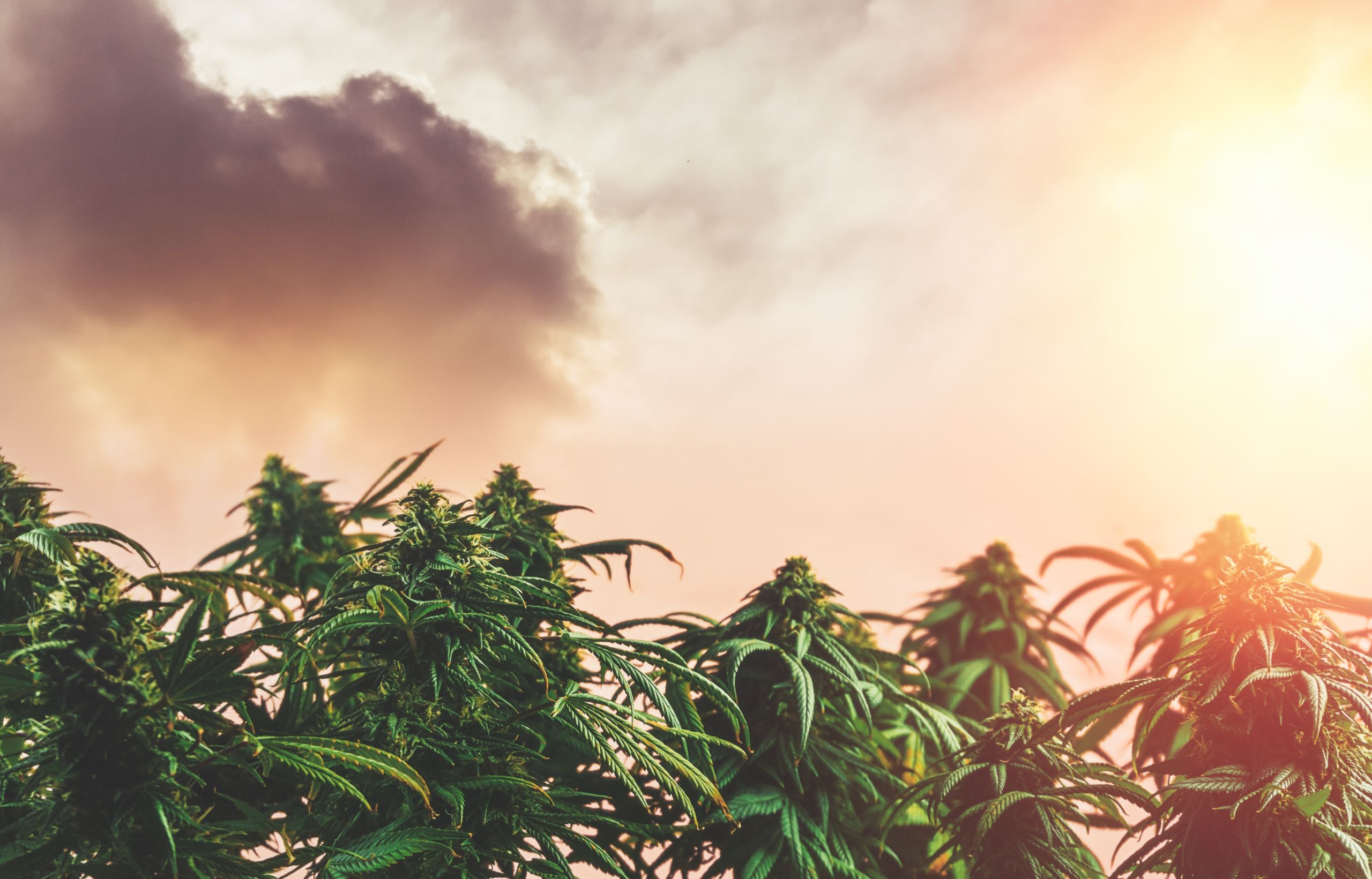What to Do When Recreational Marijuana Use Goes Up In Smoke

April 21, 2023
When Recreational Marijuana Use Becomes an Obsession
As marijuana continues to gain widespread acceptance and legalization across the globe, the discussion around its use has become more important than ever. In fact, April 20 (4/20) in America is a counterculture holiday that celebrates the consumption of weed. One of the most important distinctions to make when discussing marijuana use is the difference between recreational use and addiction.
Many people enjoy marijuana in moderation without negative consequences, while others struggle with addiction, which can have a significant impact on their lives. Understanding this difference is crucial for promoting responsible use and addressing potential addiction concerns. So, how can we determine the line between recreational use and addiction? Once we identify the differences, we can identify marijuana abuse symptoms and know how to effectively treat the addiction.
Defining Recreational Use
Recreational use of marijuana refers to consuming weed products for enjoyment, relaxation, or social purposes, rather than for medical reasons. It typically involves occasional or moderate use, without causing significant interference in daily life.
Recreational users often have a clear understanding of their limits and practice self-control. They tend to prioritize responsibilities, relationships, and overall well-being, often setting boundaries to ensure their marijuana consumption does not negatively impact these areas.
Defining Marijuana Addiction
Cannabis use disorder occurs in 30% of people who use marijuana and is characterized by a compulsive need to use weed despite negative consequences. This often leads to impairment and distress in life, which could include neglecting personal responsibilities or obligations, ruin relationships, and even cause physical or mental health issues. People who struggle with marijuana addiction may also develop a tolerance to it, requiring larger doses to achieve the desired effects, and may experience withdrawal symptoms when they try to quit or reduce their use.
7 Signs of Marijuana Addiction
Knowing the signs of marijuana addiction can help you and your loved ones identify when recreational use has crossed the line. Some common signs of addiction include:
1. Inability to cut back or quit
Despite multiple attempts, you are unable to reduce or stop marijuana use. This may include using it multiple times a day.
2. Increased tolerance
You need increasingly larger amounts of weed to achieve the same effects. This can develop into a physical or psychological dependence, relying on the drug to function or feel normal.
3. Neglected responsibilities
Cannabis use interferes with the ability to fulfill obligations at work, school, or home and often comes with a negative impact on finances.
4. Strained relationships
Marijuana use causes conflict or distance in personal relationships.
5. Reduced interest in activities
Interest is lost in hobbies or activities previously enjoyed in favor of marijuana use.
6. Risky behavior
You engage in dangerous activities, such as driving under the influence of marijuana.
7. Withdrawal symptoms
When stopping marijuana, you experience physical or psychological symptoms, such as irritability, insomnia, anxiety, loss of appetite.

Marijuana Addiction Help
If you or someone you know is struggling with marijuana addiction, there are various treatment options and resources available:
Acknowledge the Problem
The first step in treating marijuana addiction is recognizing and acknowledging the issue. Admitting that you have a problem with cannabis can be difficult, but it is crucial in beginning the journey towards recovery.
Visit A Center for Addiction Treatment
Regardless of the severity of the addiction, it’s a good idea to go to a substance abuse treatment facility. Here, you will receive the best detox for marijuana, as it will cleanse the toxins from your body and give you a fresh start on your road to sobriety.
Seek Professional Help
Consulting with a mental health professional, such as a psychologist, therapist, or addiction counselor, can provide valuable guidance and support during the recovery process. These professionals can help you develop positive coping strategies, address underlying issues, and create a personalized treatment plan to overcome your addiction.
Consider Therapy
Various therapeutic approaches have been shown to be effective in treating marijuana addiction. Some popular options include Cognitive-Behavioral Therapy (CBT), which focuses on identifying and changing negative thought patterns, and Motivational Interviewing (MI), which lets you explore reasons for change and build motivation to do so.
Explore Support Groups
Support groups, such as Marijuana Anonymous, provide a safe and understanding environment to share experiences and learn from others. Connecting with peers who are facing similar challenges can be a powerful source of encouragement and guidance.
Develop A Strong Support Network
Surrounding yourself with friends, family members, and other supportive individuals can play a significant role in your recovery. Having a strong support network can help you maintain your motivation, provide emotional support, and hold you accountable to your recovery goals.
Establish Healthy Habits
Replacing marijuana use with healthier habits can make the recovery process more manageable. Focus on activities that promote physical and mental well-being, such as exercise, meditation, and healthy eating. Engaging in hobbies or interests that you are passionate about can also help you find fulfillment and purpose outside of marijuana use.
Be Patient and Persistent
Recovery from marijuana addiction is an ongoing process that requires patience and persistence. There may be setbacks along the way, but it’s essential to maintain a positive attitude and continue working towards your goals. Remember, each day is a new opportunity to make progress on your journey to recovery.
Tips for Responsible Cannabis Consumption
For those who choose to consume marijuana recreationally, it’s essential to establish healthy boundaries and habits to minimize the risk of developing an addiction. Some tips for responsible cannabis consumption include:
- Set limits on frequency and amount used that’s appropriate for your lifestyle
- Prioritize responsibilities by making sure your marijuana use does not interfere with work, school, home, or relationships
- Monitor your consumption and identify any patterns or changes that may indicate a developing addiction.
- Practice self-care by engaging in activities that promote physical and mental well-being, such as exercise, meditation, and healthy eating.
- Reach out to friends, family, or a mental health professional if you are in the early stages of addiction to keep it from progressing
For anyone who chooses to consume marijuana, understanding the difference between recreational use and addiction is essential for promoting responsible marijuana consumption and addressing potential addiction concerns. Recognizing the signs of addiction can help individuals and their loved ones take appropriate steps to seek help and support for a healthier relationship with cannabis.

